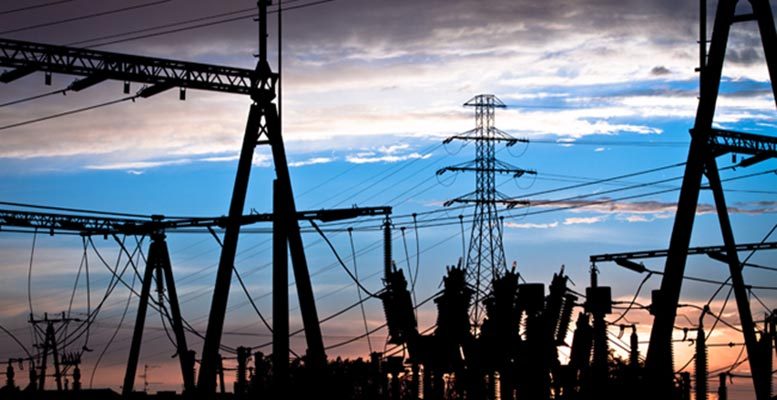Growing concerns from US and European investors and regulators over the sustainability of integrated oil and gas companies’ business models have brought forward their potential impact on the sector’s credit quality to the medium from long term. Scope Ratings says the near-term, 2020 credit outlook for the integrated oil & gas sector remains stable.
Most IOCs are operationally more resilient than before the last downturn in oil prices, with further improvement in the past year. They can sustain oil prices in the lower USD 50/bbl range without a material deterioration in credit metrics, provided they adopt flexible shareholder remuneration and investment plans.
However, some IOCs are more vulnerable to lower prices than others. Those companies with higher break-even levels in their upstream business and weaker exposure to downstream, especially low-complexity refineries, will be more sensitive to oil and gas prices, such as Italy’s EniSpA.Other IOCs, such as Spain’s Repsol SA, are more diversified and have businesses less correlated with each other, for instance, energy retailing and renewable power generation.
“IOCs will retain financial headroom gained from recent restructuring despite weaker commodity prices that we forecast for 2020,” says Marlen Shokhitbayev.
Scope Ratings expects weaker Brent crude prices, averaging around USD 60 a barrel; downward pressure on natural gas prices around the globe (with UK NBP at 30-35 pence/therm); and stable to improving refining and petrochemical margins.
“Still, growing numbers of investors are demanding detailed climate-impact disclosures, specific actions to combat climate change or are seeking to avoid fossil fuel related investments,” says Shokhitbayev.
BlackRock, the world’s largest asset manager, has joined a growing list of investors seeking to ensure that the world’s largest corporate greenhouse gas emitters take action on climate change.
“One of the reasons why IOCs are increasing shareholder remuneration is to make investments in the sector more attractive amid growing investor concern about long-term value creation/resilience in the low-carbon world,” says Shokhitbayev.
Another is the lack of attractive investment opportunities due to weaker long-term energy price forecasts and growing regulatory challenges.
“Regulatory changes do not only imply long-term objectives (e.g. EU targets carbon neutrality by 2050, Austria even has a more ambitious deadline of 2040) but also short- and medium-term policies and commitments to address climate change,” he says.
For example, the auto sector as one of the world’s main oil consumers is adapting with accelerated spending on development of electric vehicles. While the number of EVs sold remains small, it is growing rapidly.
“IOCs have started to address these challenges, though to differing degrees,” Shokhitbayev says.
Repsol recently pledged to reduce net carbon emissions from its operations and most of its products (so called scope 1,2 and 3 emissions) to zero by 2050. Royal Dutch Shell and France’s Total are targeting the electricity sector as part of long-term plans for diversification away from fossil fuels.
“We expect more IOCs to set ambitious targets, leading to faster and deeper transformations of their operations,” says Thomas Faeh, analyst at Scope.
“Assessing the impact on credit quality depends on the individual business and financial strategies though we expect balance sheets to weaken in the short-to-medium term as IOCs maintain capital expenditure in legacy activities at recent levels and invest significant amounts in new energy businesses,” Faeh says.
Acquisition of low-carbon technologies will be one of the main driving forces for the M&A activity in the industry, he says.





